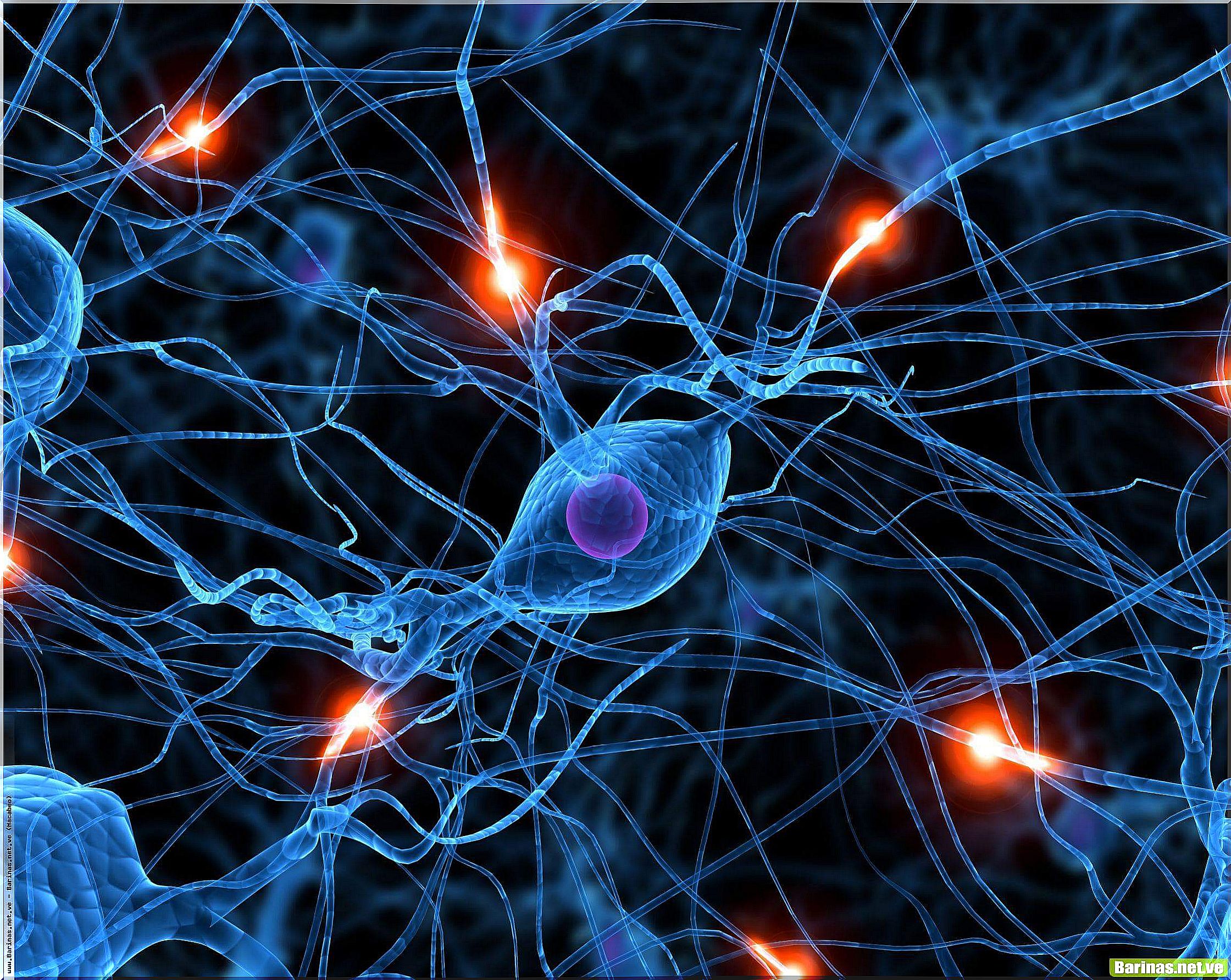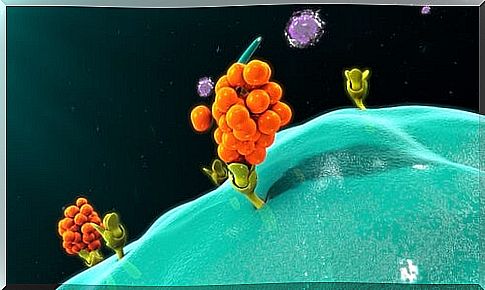What Are Cytokines?
Living beings are a very complex set of organs, tissues and cells. In fact, in humans there are different types of cells, since they are very specialized to be able to perform their functions correctly. Cytokines are substances that allow cells to interact with each other.
Actually, cytokines are proteins produced by the cells. Specifically, by the cells that participate in the immune system. They are also called cytokines. The truth is that they are a heterogeneous group of proteins that fulfill different functions.
Cytokines are secreted by cells and exert their action on different cells. In this way, they act as mediators between them and trigger different cellular responses. In this article we explain everything you need to know about them.
How do cytokines work?
As we have already mentioned, cytokines are proteins made by certain cells. They are responsible for mediating interactions between cells of the immune system, such as lymphoid and inflammatory cells. They also act as mediators of hematopoietic cells.
What these proteins do is bind to receptors that are present on cell membranes. In this way, they activate a series of intracellular reactions. The purpose is to activate certain genes so that the cell can produce a response to that stimulus.
Cytokines are produced transiently. That is, they only exist for a short period of time. These proteins can act on other cells, but they can also act on the one that released them.

What is your function?
Cytokines comprise different proteins that can act differently. They can exert their function by stimulating or decreasing the response of the immune system.
First, some cytokines help the cells of the immune system to differentiate towards one type or another. In the same way, they allow them to mature correctly in order to fulfill their function.
In addition, they act as a great communication system between all the elements of the immune system. For example, they make it possible for B cells to specialize in plasma cells and secrete antibodies. Antibodies are molecules that allow us to fight infection.
On the other hand, cytokines control the hematopoietic processes that take place in the bone marrow. These processes consist of the formation of the different cell types that make up the blood. For example, red and white blood cells.
In addition, these proteins are vital for inflammation processes to occur. Inflammation is a defense mechanism of our body against any aggression. Cytokines therefore also stimulate wound healing.

How useful are cytokines as a treatment?
In recent years, it has been discovered that cytokines can be created artificially. By using some of them, the immune system is stimulated helping our body to fight certain diseases. For example, cancer or infections.
The development of drugs from cytokines is complex, but it is having very good results. Currently, cytokines are used to treat some anemias. Also to treat viral infections, such as hepatitis.
The truth is that cytokines are highly important in our body. Both in the development of our cells and the functioning of our immune system.
In fact, most scientists are confident that cytokines will be a mainstay of treatment for diseases such as cancer or HIV. Therefore, studying them represents an open front for the future of medicine.









